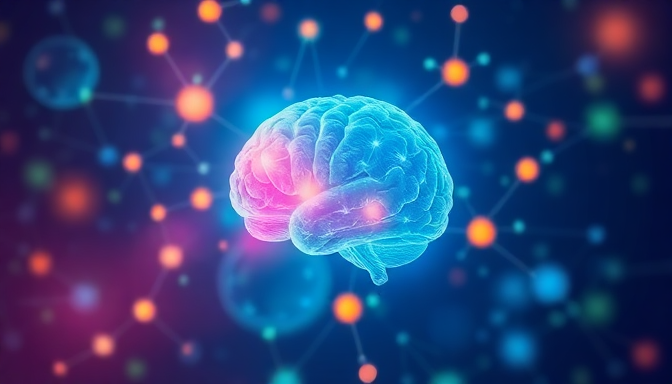
The Inherently Social Nature of the Human Brain
At its core, the human brain isn't just a complex processing unit; it's fundamentally wired for connection. From the earliest moments of life, our brains develop in response to social interaction, shaping our neural pathways based on relationships and group dynamics. This deep-seated need for belonging and social connection is not merely a preference, but a biological imperative that profoundly influences our thoughts, feelings, and behaviors, especially within the group setting of the workplace.
Neuroscience confirms that our brains are constantly scanning the environment for social cues, evaluating trust, safety, and status within a group. Areas like the prefrontal cortex, crucial for complex social cognition, and the limbic system, involved in emotional processing and bonding, highlight the intricate neural architecture dedicated to social interaction. Understanding this inherent social circuitry is key to unlocking how people truly engage and perform in team environments.